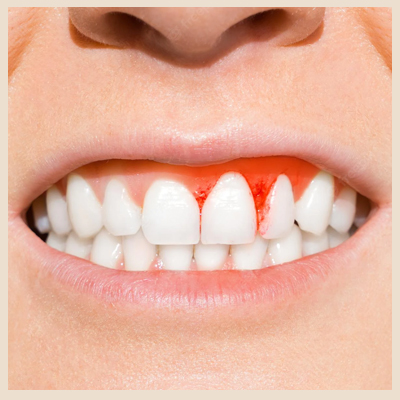

Scurvy is a disease that occurs when you have a severe lack of vitamin C (ascorbic acid) in your diet.
This is a constitutional disease characterized by great debility, with anemia, mental depression, a spongy condition of the gums,and a tendency to hemorrhage.
Humans cannot synthesize vitamin C on their own and a deficiency of Vitamin C causes scurvy.
If the body does not get sufficient vitamin C, it cannot produce collagen, leading to the breakdown of body tissues. Vitamin C also helps in iron absorption. A deficiency of iron leads to Anemia. It also controls many other important functions like body growth, cellular functioning and formation of hormones and tissues.
Several other factors which contribute to the development of scurvy are dependency on drug or alcohol, mental health conditions like schizophrenia, depression, nausea, unhealthy diet, loss of appetite, smoking, pregnancy and breastfeeding.
Even though the number of people suffering from Scurvy has largely come down, poor diet or eating habits can lead to Scurvy. In an adult generally, the symptoms of scurvy include:
Children who suffer from autism spectrum disorder (ASD) are more likely to be affected by scurvy. In infants, there might be different symptoms that could help in detection of the disease, such as:
The doctor can easily diagnose scurvy when he is told about the symptoms. A simple blood test that shows the level of vitamin C can also help identify the disease.
The intake of vitamin C is necessary in order to prevent scurvy and have a healthy lifestyle. Below is the amount of vitamin C that one must consume per day.
For men more than 18 years old is 90 milligrams of vitamin C daily; for women more than 18 years old, it is 75 milligrams daily; for pregnant women more than 18 years old, it is 85 milligrams daily; and for breastfeeding women more than 18 years old, it is 120 milligrams daily.
Fruits and vegetables are considered to be the best natural sources of vitamin C.
For example, oranges, kiwi, grapes, lemons, strawberries, sprouts, tomatoes, asparagus and cabbage contain vitamin C. It is recommended to consume these fruits and vegetables raw, as cooking can destroy their nutrients. If you prefer them cooked, then steaming veggies is recommended instead of boiling them.
Arsenic Alb : Pronounced debility; child is emaciated; severe gastro-intestinal disturbances; exceedingly fetid smell from the mouth.
Sulphur : Is indicated when in addition to the bleeding gums and fetid breath the patient has old, shrivelled, withered look and unhealthy state of skin. Discharge of blood and fetid pus from about the roots of the teeth.
Mercurius : When gums recede from teeth and are blue and unhealthy in colour. Legs swollen and very painful. Unhealthy bluish ulcerations of the skin are the characteristic symptoms of the remedy.
Kreosote : Mouth putrid and cadaverous; gums ulcerated; epistaxis and discharge from the genitalia.
Carbo Veg : Persistent hemorrhage from gums and nose. It may also occur from kidneys and bowels.
Arnica and Symphytum : For pains in legs.
Note: Diet is most important for the treatment of scurvy. Fruit juices and vegetables should be the main food which will result in prompt improvement. Mouth wash with Calendula mother tincture mixed with ten parts of distilled water used every two hours will promote healing and remove fetor.